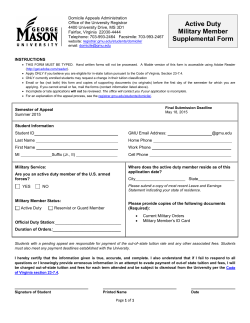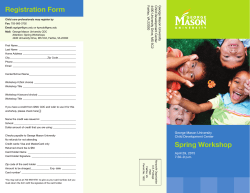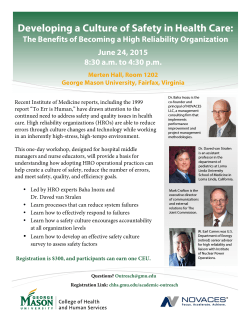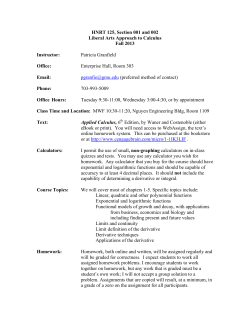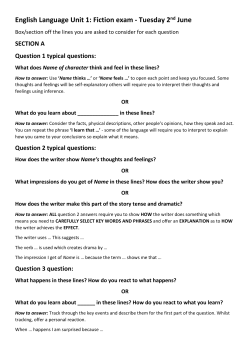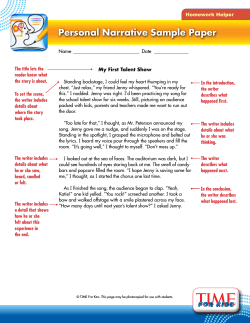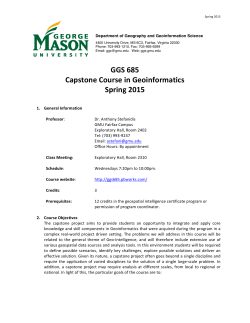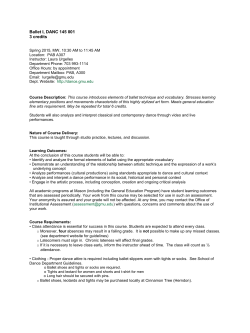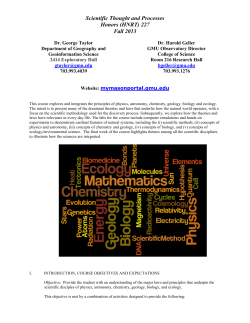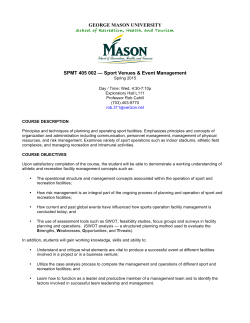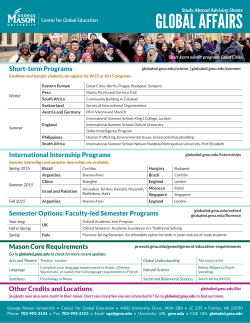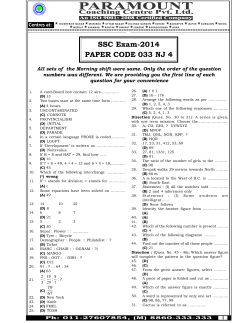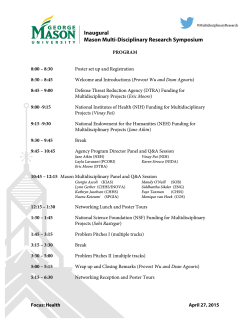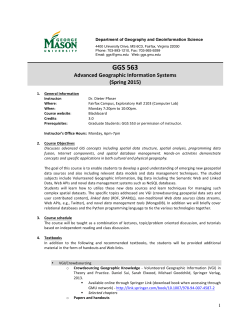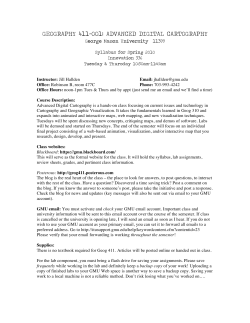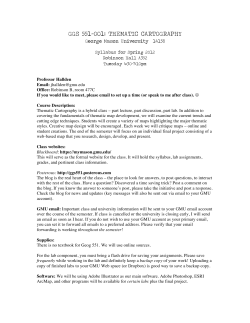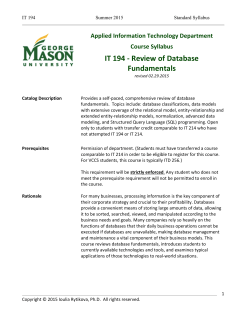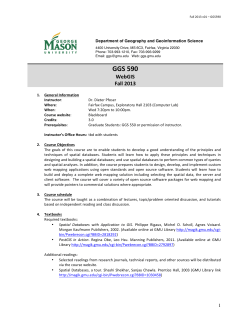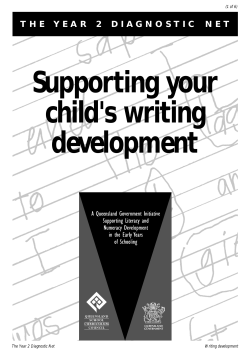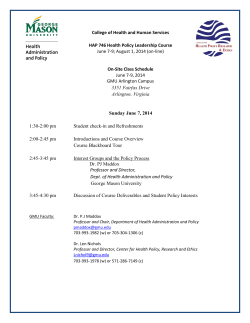
How to Write a Research Question
How to Write a Research Question What is a research question? A research question is a clear, focused, concise, complex and arguable question around which you center your research. You should ask a question about an issue that you are genuinely curious about. Why is a research question essential to the research process? Research questions help writers focus their research by providing a path through the research and writing process. The specificity of a well-developed research question helps writers avoid the “all-about” paper and work toward supporting a specific, arguable thesis. Steps to developing a research question: Choose an interesting general topic. Even directed academic research should focus on a topic in which the writer is at least somewhat personally invested. Writers should choose a broad topic about which they genuinely would like to know more. An example of a general topic might be “Slavery in the American South” or “Films of the 1930s.” Do some preliminary research on your general topic. Do a few quick searches in current periodicals and journals on your topic to see what’s already been done and to help you narrow your focus. What questions does this early research raise? Consider your audience. For most college papers, your audience will be academic, but always keep your audience in mind when narrowing your topic and developing your question. Would that particular audience be interested in this question? Start asking questions. Taking into consideration all of the above, start asking yourself openended “how” and “why” questions about your general topic. For example, “How did the slave trade evolve in the 1850s in the American South?” or “Why were slave narratives effective tools in working toward the abolishment of slavery?” o Evaluate your question. Is your research question clear? With so much research available on any given topic, research questions must be as clear as possible in order to be effective in helping the writer direct his or her research. Is your research question focused? Research questions must be specific enough to be well covered in the space available. (See flip side for examples of focused vs. unfocused research questions.) Is your research question complex? Research questions should not be answerable with a simple “yes” or “no” or by easily-found facts. They should, instead, require both research and analysis on the part of the writer. Hypothesize. After you’ve come up with a question, think about what the path you think the answer will take. Where do you think your research will take you? What kind of argument are you hoping to make/support? What will it mean if your research disputes your planned argument? © The University Writing Center 2009 | 4400 University Drive MS2G8 | Fairfax, VA 22030 | Tel: 703-993-1200 | wcenter@gmu.edu http://writingcenter.gmu.edu/resources-template.php?id=59 Sample Research Questions Unclear: Why are social networking sites harmful? Clear: How are online users experiencing or addressing privacy issues on such social networking sites as MySpace and Facebook? The unclear version of this question doesn’t specify which social networking sites or suggest what kind of harm the sites are causing. It also assumes that this “harm” is proven and/or accepted. The clearer version specifies sites (MySpace and Facebook), the type of harm (privacy issues), and who the issue is harming (users). A strong research question should never leave room for ambiguity or interpretation. Unfocused: What is the effect on the environment from global warming? Focused: How is glacial melting affecting penguins in the Arctic Circle? The unfocused research question is so broad that it couldn’t be adequately answered in a book-length piece, let alone a standard college-level paper. The focused version narrows down to a specific cause (glacial melting), a specific place (the Arctic Circle), and a specific group that is affected (penguins). When in doubt, make a research question as narrow and focused as possible. Too simple: How are doctors addressing diabetes in the U.S.? Appropriately Complex: What are common traits of those suffering from diabetes in America, and how can these commonalities be used to aid the medical community in prevention of the disease? The simple version of this question can be looked up online and answered in a few factual sentences; it leaves no room for analysis. The more complex version is written in two parts; it is thought provoking and requires both significant investigation and evaluation from the writer. As a general rule of thumb, if a quick Google search can answer a research question, it’s likely not very effective. © The University Writing Center 2009 | 4400 University Drive MS2G8 | Fairfax, VA 22030 | Tel: 703-993-1200 | wcenter@gmu.edu http://writingcenter.gmu.edu/resources-template.php?id=59
© Copyright 2025

